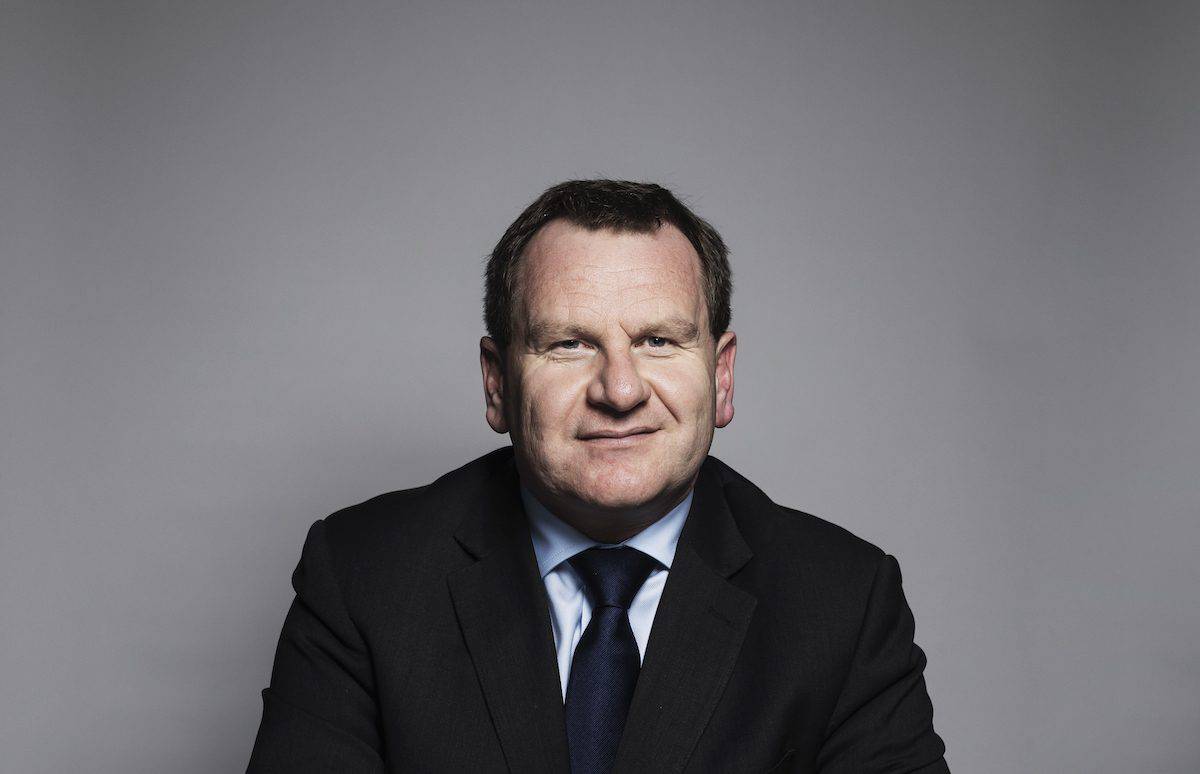Danny McCoy is the CEO of Ibec, an Irish business and employers federation and Ireland’s largest lobby and business representative group. McCoy has been chief executive of Ibec since 2009. He held roles at the Central Bank of Ireland and ESRI Ireland before joining the firm.
What are your main priorities and goals in your role?
To influence, support and deliver for business success in helping build a better sustainable future.
To ensure that Ibec is a professional member services organisation of substantial influence and impact wherever our members do business.
What are your biggest challenges as CEO?
To ensure that the Ibec business thrives commercially, providing a progressive workplace for colleagues and delivering on our ambitions for scale and growth.
How do you keep your team and staff motivated?
We are fortunate to have a very tangible purpose for the organisation in being advocates for business and its positive social impact.
As colleagues, this purpose is clear everyday in our interactions with each other, with our members, with government, with media and with wider society, so motivation is not hard to engender in that context.
Our collegiate culture is the strongest asset we have and is consistently recognised in Ibec being a great place to work.
What are the challenges facing the business community going forward?
The Environmental, Social and Governance (ESG) agenda encapsulates the challenge of maintaining the social licence to trade and the challenge is to ensure goodwill to allow businesses to operate responsibly and ethically.
The greatest challenge collectively is to achieve the United Nations Sustainable Development Goals (SDGs) of which the climate challenge is central but still just 1 out of 17. Important to highlight that a functioning economy is crucial to achieve all 17 SDGs!
What new trends are emerging for your industry?
The most significant trend is the technological disembodiment of our economies and societies through the primary role of intangible assets.
Digitisation is the most significant trend in all its dimensions, including AI and Robotics.
Are there any major changes you would like to see in your sector?
Yes, we need as businesses to think in a systems approach, the circular economy for instance in the environmental context, but also socially.
Individual social projects and interventions can make sense on their own, but if not rooted in a sustainable system approach can actually move us in the wrong direction.
An example is the tendency for the State to push many topics that are best dealt with in society into the workplace. If there are differential personal circumstances, employers can be sensitive to them but shouldn’t be expected to be forced statutorily to make differential choices among colleagues.
Are you finding any skill gaps in the market?
The search for and retention of colleagues, regardless of specific roles, is difficult in the current distorted labour market.
Wage levels are increasingly becoming detached from productivity over the last few years of exceptionally expansionary monetary policy.
How did the banking crisis and economic crisis affect your business strategy?
Ibec had to adjust substantially during the crises of a decade ago, winding up our defined benefit pension scheme and resetting our cost base.
However, the reset proved to be a substantial competitive advantage to us by putting the business on a much more commercially focused trajectory, to the point where we are now debt free and with ambitions to scale further for member impact.
How was Brexit affected your business?
Brexit has been a positive for Ibec the business in allowing us to show our full array of services for our members across our policy, sectoral and employer relations business.
However, Brexit remains the most significant negative event of my professional life — as unlike other events such as Covid, the Great Financial Recession etc, which were substantial, but transitory for business.
Brexit, however, is a permanent change that not only diminishes the UK but also Europe and specifically Ireland. Its full consequences are yet to unfold.
How has Covid-19 crisis affected your business?
Yes, like Brexit it showed Ibec’s full purpose and relevance in leading the business community but it also caused displacement in our work patterns.
Some good things, like capacity to reach members and colleagues virtually in both real and asynchronous time, but working from home might be great at an individual level but might not be so great for enduring corporate collegiality and in turn, productivity.
How do you define success and drives you to succeed?
I’m driven to succeed by making a positive difference, however small and transitory it might turn out to be.
Relentless optimism is a learned skill and one that doesn’t come naturally so it needs to be actively invoked daily as a leader.
What’s the best business advice you have received or would give?
No good turn goes unpunished – despite that, persist!
What are the highlights of the past year?
The slow, but perceptible, return to the facets of old normality post pandemic.
What’s next for your company?
Ibec continues to deliver on its purpose for our members and solidifies its premier position as Europe’s leading business representative organisation.
Where do you want your business or brand to be this time next year?
Considered by colleagues to be the best place to work and by our members to be still the best business representative organisation in Europe.



